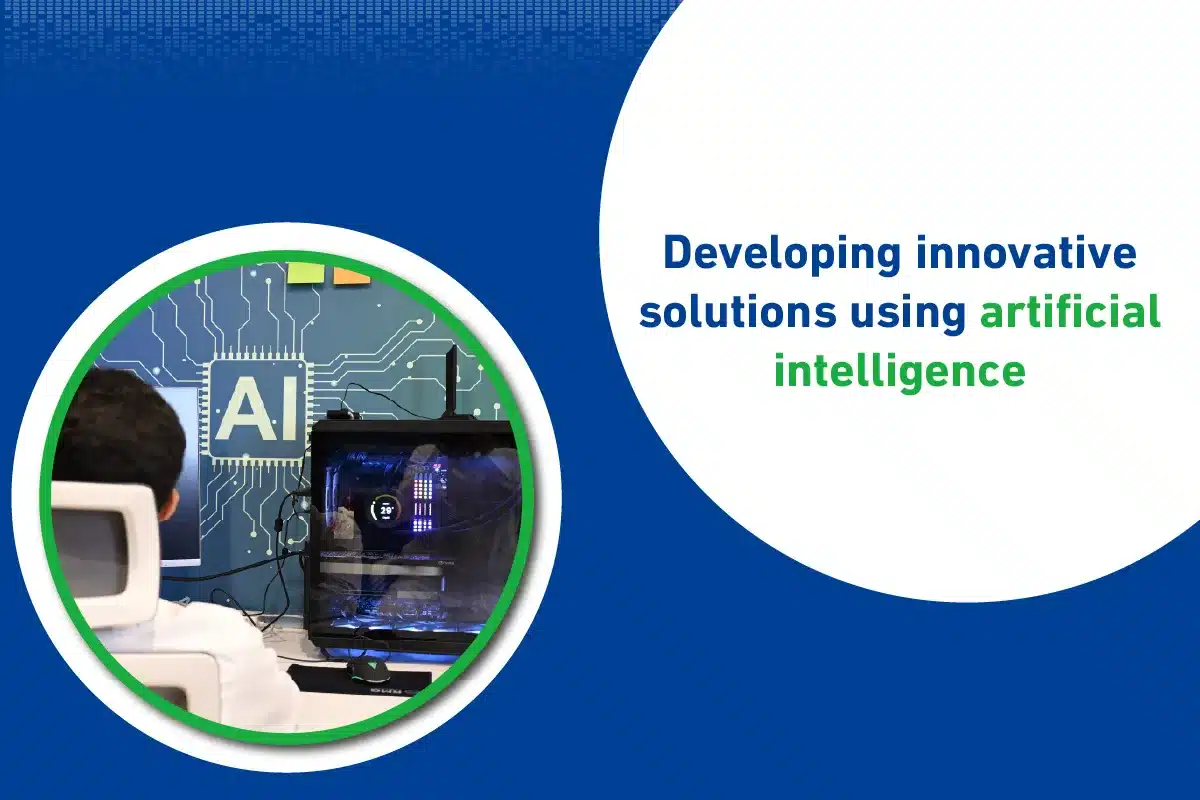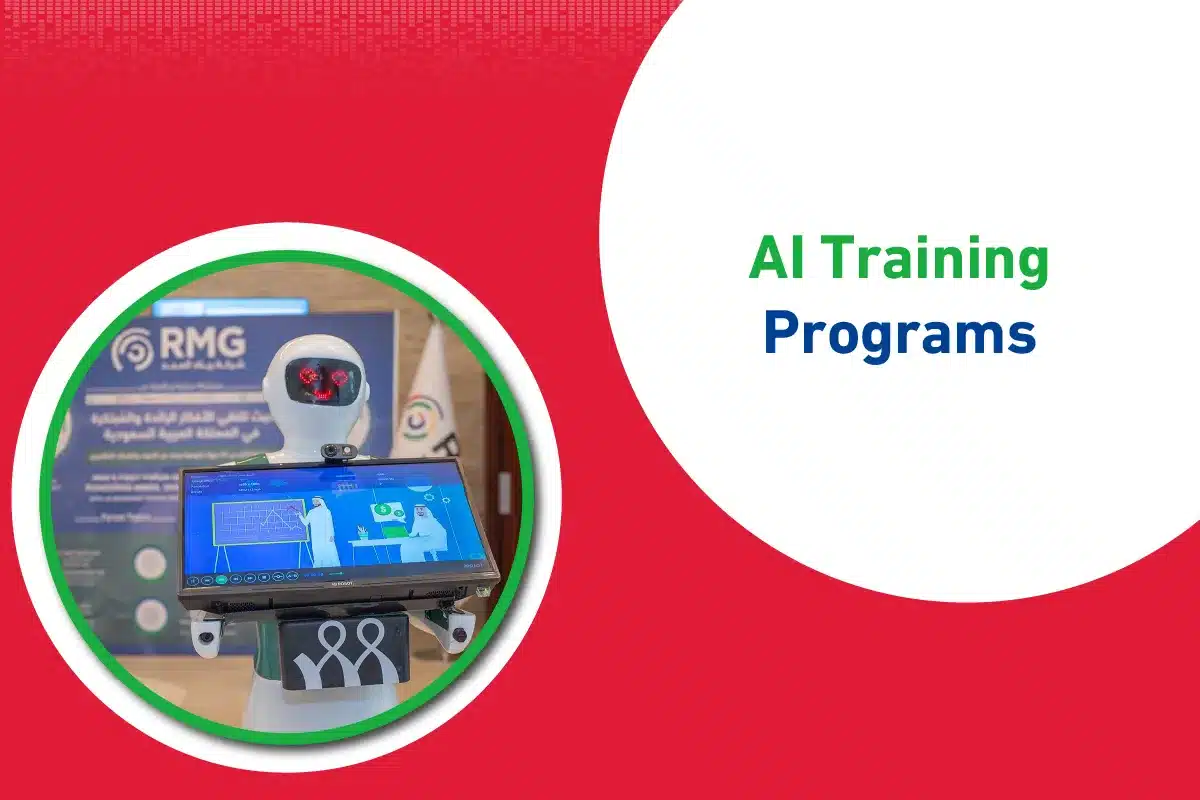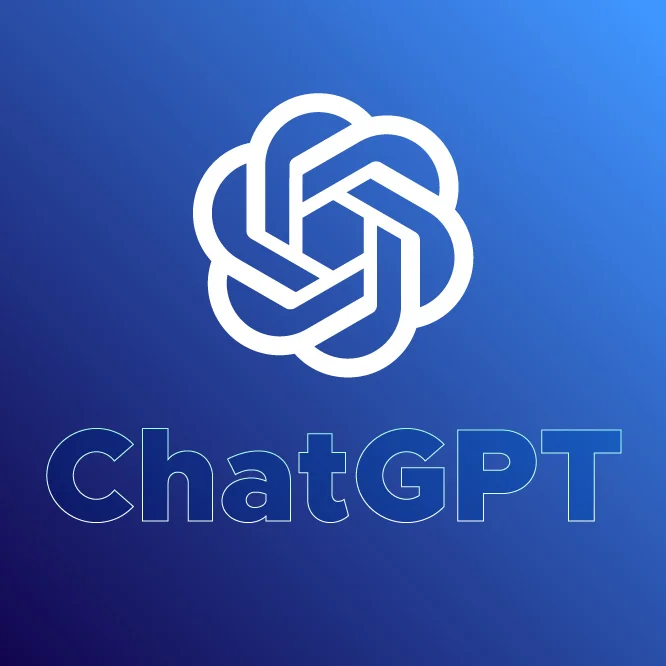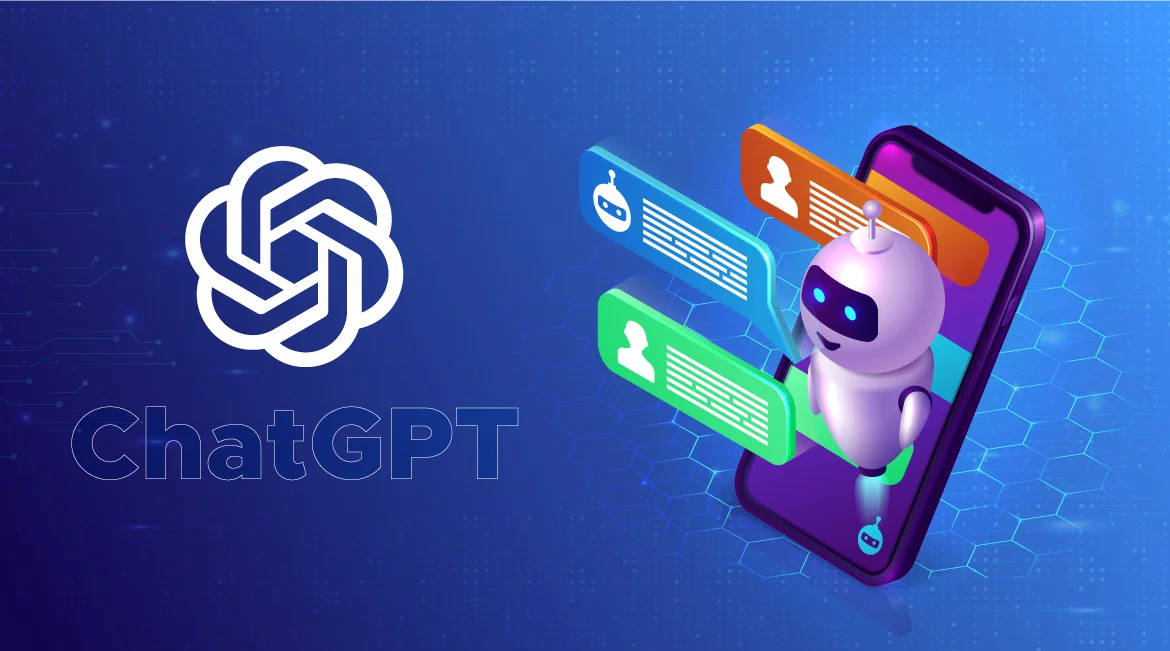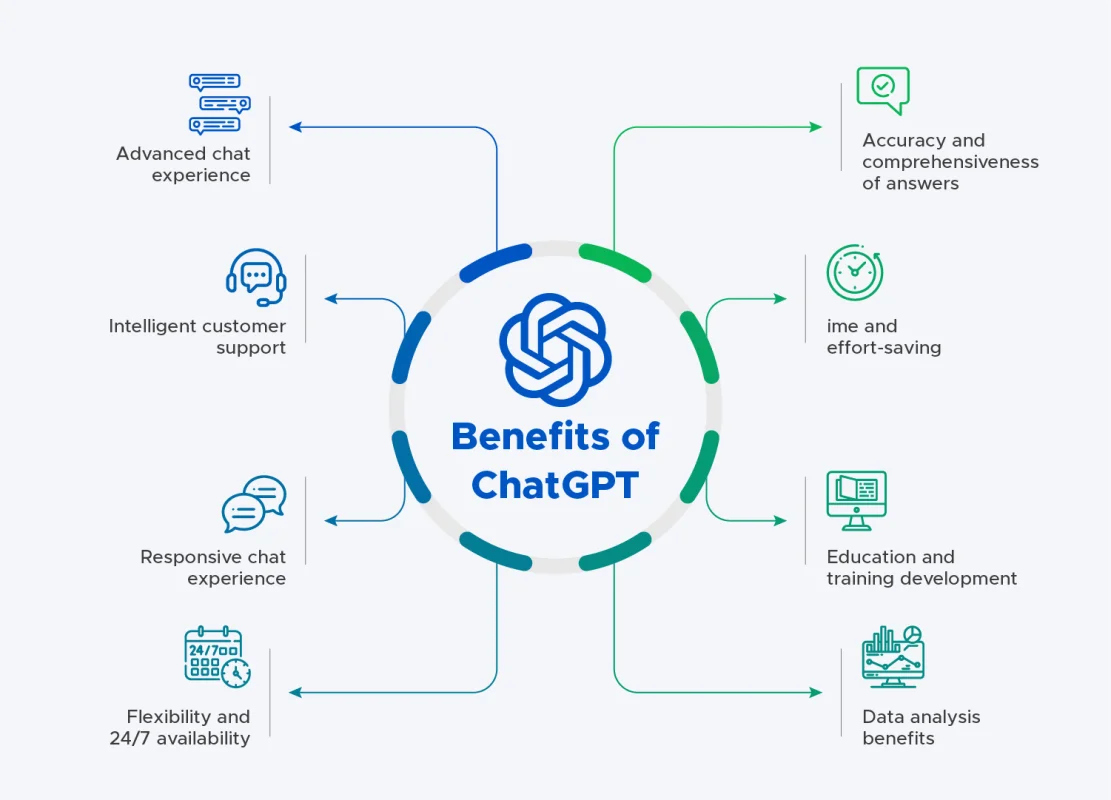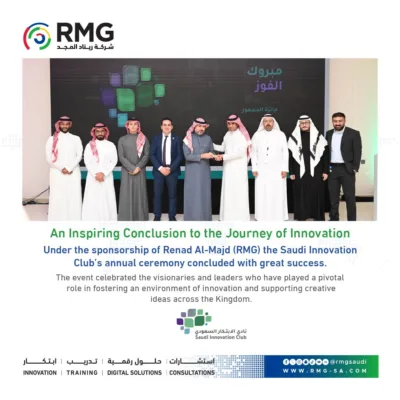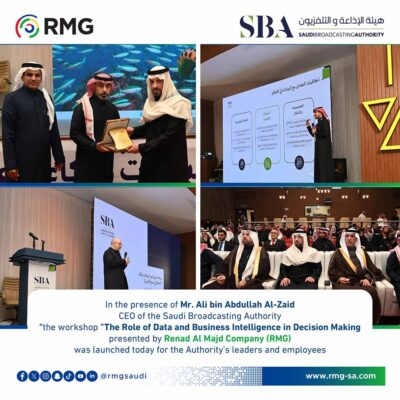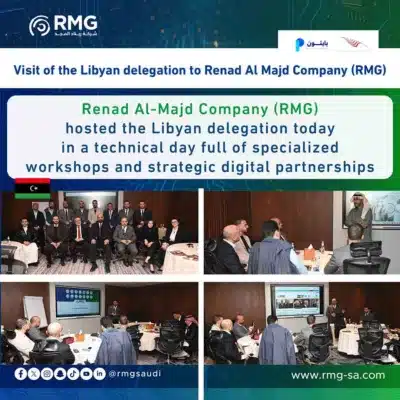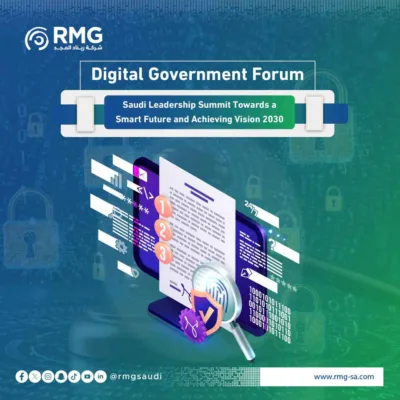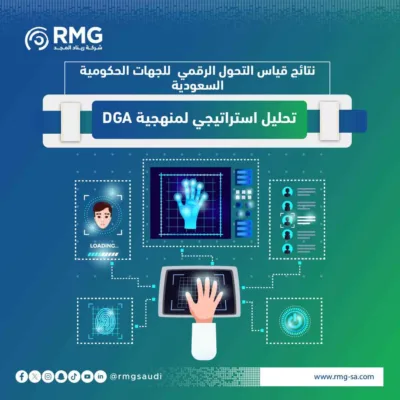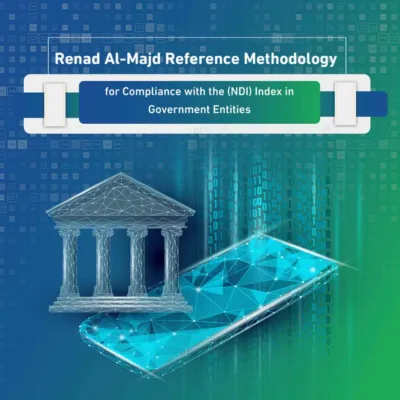Blog Body
Artificial intelligence technology continues to evolve, encompassing numerous intriguing applications and websites. ChatGPT, an advanced AI model based on machine learning, is one such exciting development. In this article, we will take a close look at ChatGPT and explore how it has revolutionised the online chat experience. You will also learn about the benefits this innovative model can offer and how it can impact our daily web communication.
First, let us understand
What is ChatGPT?
It is a chat model based on machine learning and artificial intelligence. Built on deep neural network technology, this model possesses a unique ability to comprehend natural language and generate intelligent and coherent responses. It is trained using massive amounts of data available on the web, which contributes to enhancing its language abilities and improving its performance.
How can ChatGPT transform the chat experience?
This chat model represents a revolutionary advancement in online chat as it enables users to interact with it using natural language, ask questions, and receive accurate and comprehensive answers. Thanks to its advanced capabilities in understanding context and generating responses, it can provide a chat experience similar to human interaction. It signifies a significant leap forward in the world of online chat, moving away from relying on traditional rule-based chat programmes. Instead, it can learn patterns and contexts and respond intelligently and comprehensively
. This contributes to improving the user experience and providing more accurate and inclusive answers.
Benefits of ChatGPT in the chat experience:
- Accuracy and comprehensiveness of answers: ChatGPT relies on artificial intelligence and machine learning technology to achieve a high degree of accuracy and comprehensiveness in its answers. It can understand context and analyse complex questions, offering diverse and comprehensive answers to meet user needs.
- Advanced chat experience: It possesses the ability to engage in realistic and natural conversations with users. Through deep learning technology, the model learns from previous conversations and utilises this knowledge to enhance the chat experience, generating more appropriate and responsive answers.
- Time and effort-saving: Instead of searching for information, asking questions on search engines, or waiting for technical support, users can rely on ChatGPT to obtain instant and detailed answers. This helps save time and effort, allowing users to benefit from quick and effective responses.
- Intelligent customer support: It serves as an effective partner in customer service. Organisations can implement ChatGPT to provide 24/7 support to customers, enabling users to obtain instant answers and tailor support based on their individual needs.
- Education and training development: It can be utilised in the fields of education and training to provide comprehensive and accurate learning resources. It can act as a virtual teacher, offering instant and inclusive answers to student queries and providing detailed explanations and guidance on various topics.
- Responsive chat experience: It possesses the ability to interact naturally and responsively with users, providing effective answers and responding to multiple questions and consecutive inquiries. This makes the chat experience smoother and more interactive.
- Data analysis benefits: It can analyse data, understand linguistic trends and patterns, and extract knowledge from them. This knowledge can be used to improve the chat experience and develop business strategies.
- Flexibility and 24/7 availability: It can be accessed online at any time and from anywhere, operating continuously around the clock. This allows users to benefit from the chat service at their convenience without time constraints.
Challenges surrounding ChatGPT:
- Privacy and security: Privacy and security are among the critical challenges associated with this chat model. Strong guarantees must be provided to protect user data and ensure the confidentiality and safety of conversations. This requires strict security measures, such as data encryption and strong authentication.
- Bias and discrimination: Bias and discrimination are potential ethical challenges in their use. Since the models it relies on are trained on data available on the internet, there is a risk of reflecting existing biases in the data on its responses. It is crucial to address and mitigate biases to provide fair and inclusive answers.
- Improving conversational interactivity: It needs improvement in conversational interactivity. It should be able to recognise changes in mood, tone, and verbal expressions, adapting responses accordingly. This can be achieved by developing language models and enhancing artificial interaction capabilities.
- Ethical and legal applications: Operators of ChatGPT should adhere to ethical and legal principles when utilising this technology. It is essential to ensure responsible and ethical usage, avoiding the production of harmful, misleading, or law-violating content.
In conclusion,
ChatGPT represents a tremendous advancement in smart online chat, enhancing our digital interactions and making them more intelligent and efficient. It contributes to improving the chat experience and fostering communication between humans and machines. However, it must be used with caution regarding safety and privacy. To protect user data and preserve its confidentiality, seeking assistance from specialised companies in the field, such as Renad Almajd for Information Technology, can be beneficial. They provide a range of services related to cybersecurity, data security, and artificial intelligence solutions.
With the continued advancements in artificial intelligence and machine learning, we can expect further improvements and innovations in ChatGPT. It represents a bright future for smart and effective chat.







